Industrial relations is a term widely used to refer to relationships between employers and workers. In common parlance, the term is particularly associated with trade unions and the exercise of overt conflict, most notably by workers in the form of strikes, picketing and work-to-rules. Trade unions are associations of workers for the purpose of maintaining or improving the conditions of their working lives. Trade Unions in India are registered and file annual returns under the Trade Union Act (1926). Statistics on Trade Unions are collected annually by the Labour Bureau of the Ministry of Labour, Government of India. As per the latest data, released for 2012, there were 16,154 trade unions which had a combined membership of 9.18 million (based on returns from 15 States – out of a total of 36 States). Collective bargaining is a procedure by which employment related disputes are resolved cordially, peacefully and voluntarily by settlement between labour unions and managements. The objective of the Industrial Disputes Act is to secure industrial peace and harmony by providing machinery and procedure for the investigation and settlement of industrial disputes by negotiations. Industrial economics has evolved to account for the successes and failures. The chapters attempt to describe these changes in Industrial economics-both in the kinds of models used and in the factors that are identified as playing key roles.
Industrial Relations and Labour Laws
In stock
Free & Quick Delivery Worldwide
reviews
Bibliographic information
Title
Industrial Relations and Labour Laws
Author
Edition
1st. ed.
Publisher
ISBN
9789385494314
Length
275p.
Subjects


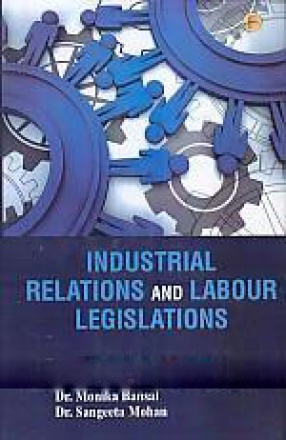
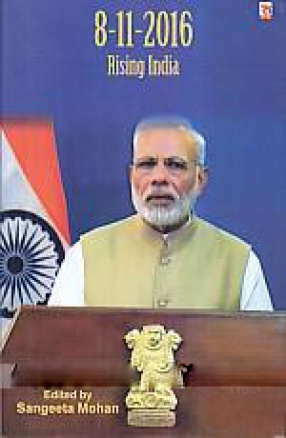
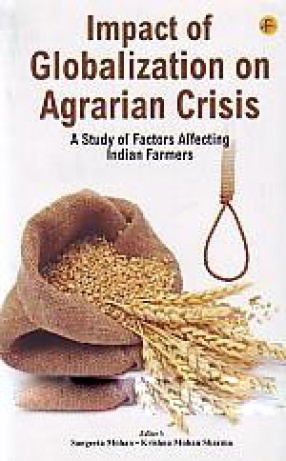

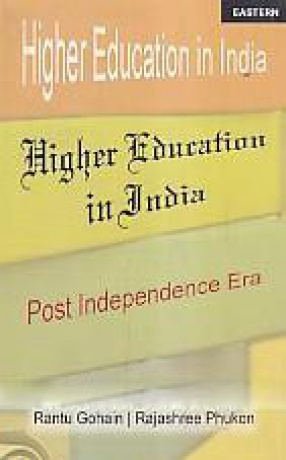
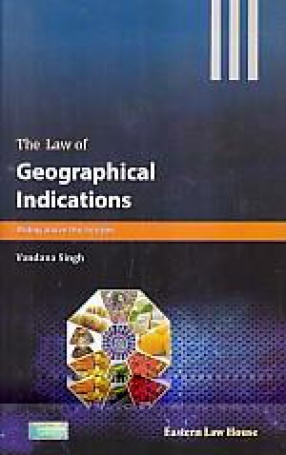
There are no reviews yet.